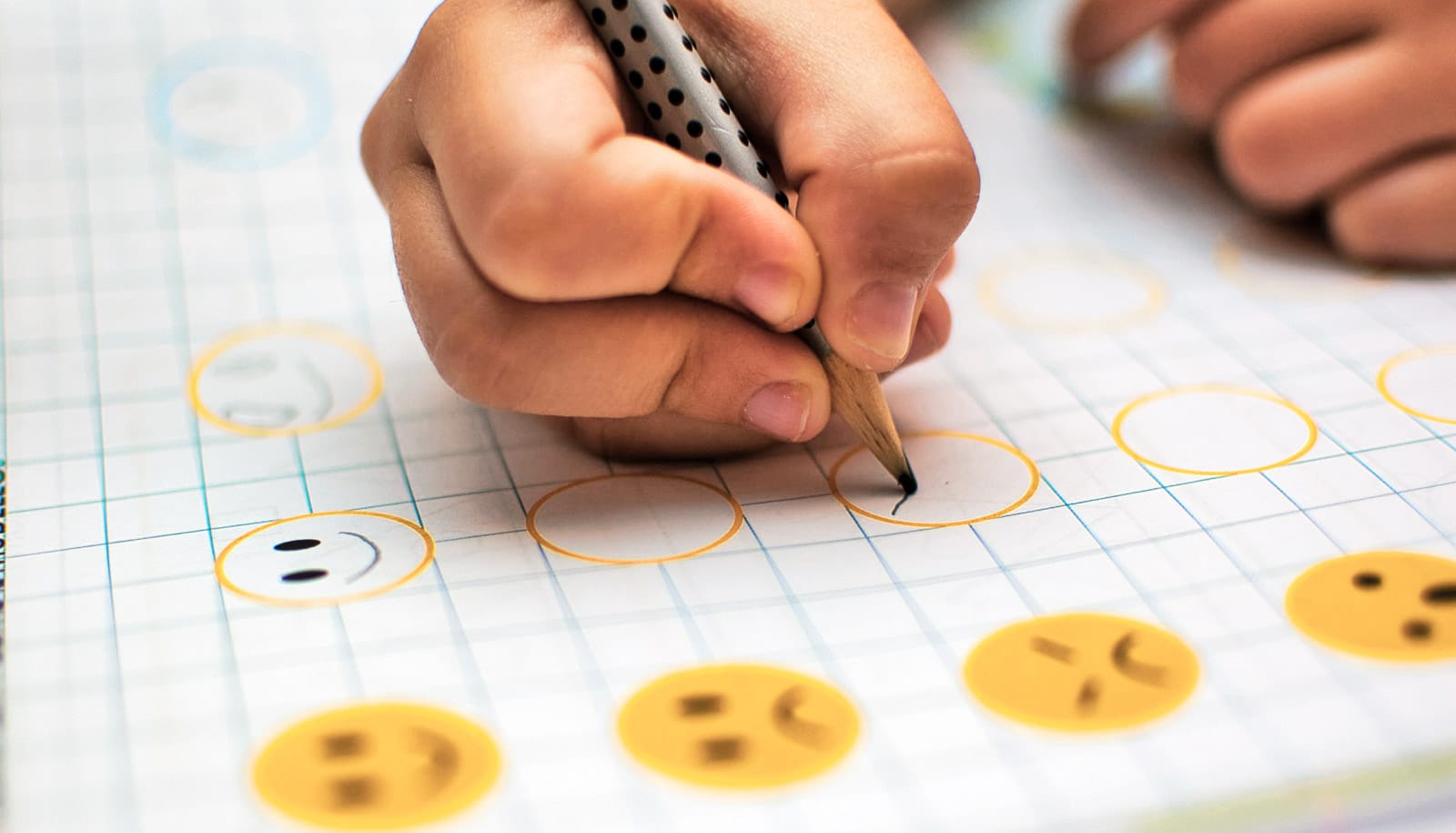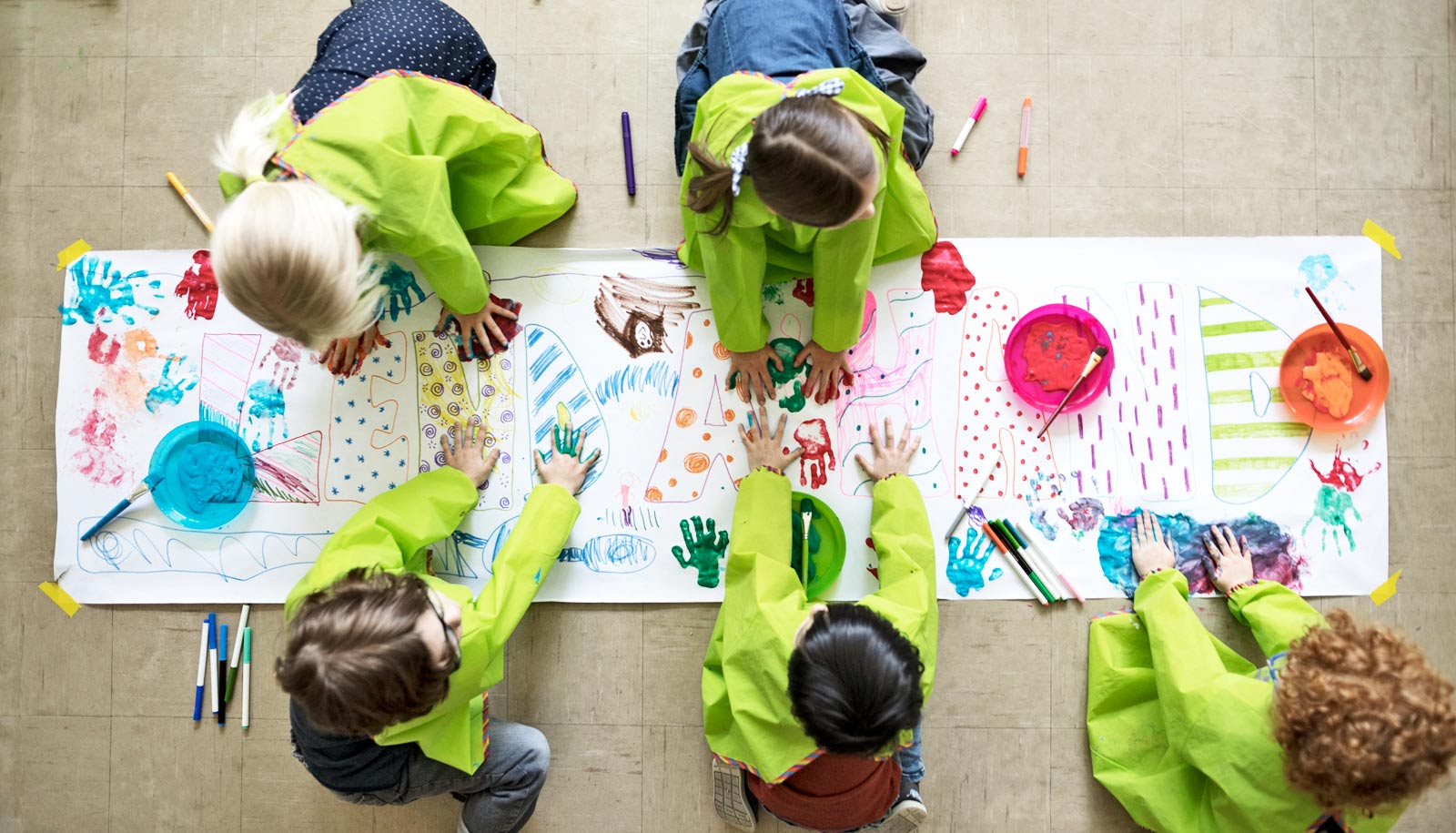If you think you just don’t have the brain for certain skills, you’re deceiving yourself, a new book argues.
This belief undermines your ability to learn—whether it’s math, basketball, or playing the clarinet.
“Why do we need this dichotomous thinking about people being smart or not? Everyone’s on a growth journey.”
In the new book, Limitless Mind (Harper Collins, 2019), Jo Boaler, a professor of education at Stanford University’s Graduate School of Education, challenges common beliefs about how individuals learn and suggests how parents can best foster their child’s learning.
Boaler, whose research focuses on mathematics education, is the cofounder and faculty director of youcubed.org, an organization providing resources for math learning that has reached more than 230 million students in over 140 countries.
Here, Boaler explains what holds people back from learning, why praising kids for being “smart” is problematic, and how to embrace moments of struggle:
You’ve written a lot about teaching and learning mathematics. What made you go beyond that subject for this book?
I’ve met so many people—children and adults—who are convinced they’re not a “math person.” But I also meet a lot of people who say they’re not an “English person” or they’re not an “artist.” The barriers are often the same.
Every year students start school excited about what they’re going to learn, but when they see somebody who seems to be quicker or better at learning, they start doubting themselves. Adults have told me that they haven’t gone into pathways they wanted to pursue because they thought they weren’t good enough. And every day, employees go into meetings in the workplace afraid they’re going to be exposed for not knowing enough. I decided it was time to write a book dispelling some of the myths that were holding them back.
People often struggle when they’re learning a new skill, which can feel excruciating. But you say it’s something to celebrate. Why?
If you aren’t struggling, you aren’t really learning. When we’re struggling and making mistakes, those are the very best times for our brains. Elizabeth and Robert Bjork, two scientists at UCLA who’ve been studying learning for decades, talk about the importance of “desirable difficulties,” suggesting the brain needs to be pushed to do things that are difficult.
If I’m teaching students and they say, “This is so hard,” I say to them, “That’s fantastic!” Teachers don’t think it’s their job to have kids be in a place of struggle, but it turns out to be an important place for learning.
When we embrace struggle, it’s freeing. It changes how we go about our work. We’re more persistent. We interact with each other differently. If you live just a single day with this perspective, you’ll feel it—particularly if things go wrong. It changes those moments pretty significantly.
You make the point that praising children for being “smart” can actually be damaging. Why?
If we tell kids that they’re smart—which most parents do—at first kids think, “Oh, good. I’m smart.” But later, when they make a mistake on something, they think, “Hmm, I’m not so smart.” It’s very important to give up these labels. They lead to the belief that abilities are fixed and can’t be changed, what my colleague Carol Dweck calls fixed mindsets.
In the book I share ways of praising kids that don’t include fixed words. Instead of “You’re so smart,” we can say, “I love your creative solution. I really like the way you have solved that.”
Why do we need this dichotomous thinking about people being smart or not? Everyone’s on a growth journey. There is no cutoff where one person becomes “gifted” or “smart” and another is not.
Where do strengths and aptitude fit into this, if everyone has the capacity to learn anything?
I’m not saying everyone is the same. Kids can be at different places. But I think we have to let go of the idea that kids at a certain place are just where they’re going to be. I would also challenge the idea that success is about working with your strengths and giving up on your weaknesses. Is something really your strength, or have you not developed a skill because you got the idea somehow that you couldn’t?
How can parents and teachers help kids become more receptive to learning?
My first advice would be to use words that promote a growth mindset, the understanding that intelligence can be developed. When kids tell you they can’t do something, rephrase it: Say, “You mean you haven’t learned it yet.” It seems like a simple change, but it’s quite powerful.
I also think it’s important to model a mindset of curiosity and discovery. You don’t have to be the expert in the room. You don’t have to pretend to know things you don’t.
There’s a whole host of studies showing that small changes and interventions can change the way we think. One of my favorites in education is a study from one of my colleagues, Geoff Cohen, where researchers divided high school English students into two groups. All wrote an essay and got diagnostic feedback from their teachers. But for half the students, the teachers added a sentence to the end of their feedback. The kids who got that sentence achieved at significantly higher levels a year later, particularly students of color.
What was that sentence half of the students read at the end of their feedback? “I am giving you this feedback because I believe in you.” It shows how important it is for teachers to believe in students and for students to know their teachers believe in them.
Source: Carrie Spector for Stanford University



